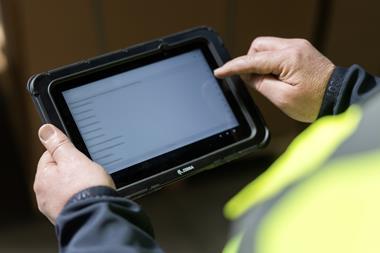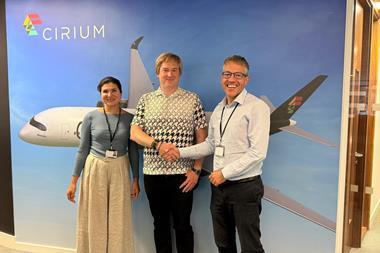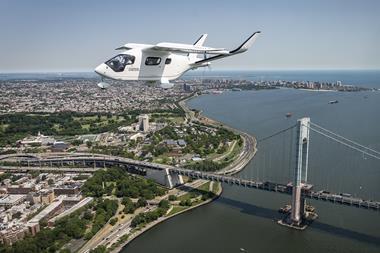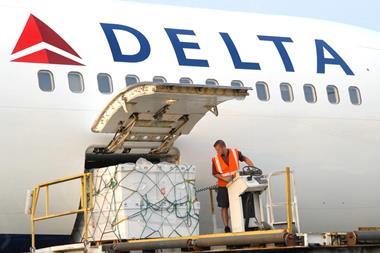Participants called for a “data pipeline” for air cargo at a recent workshop organised by the Trade&Cargo Facilitation Association (TCF).
However the concept is challenging, although over 80% of companies attending the event said they were willing to get involved in its implementation.
The event at Kista, Sweden on 24-25 April and hosted by Ericsson, a member of the International Air Cargo Association (TIACA), took place just three months after the launch of the white paper on the need for improvement in air cargo industry by the Shippers’ Advisory Committee of TIACA.
Delegates were told that several impediments that need to be considered: a lack of compatibility of legacy systems, oversight by competition authorities, cyber security and privacy, compliancy and the cost of the investment.
But several participants stressed that the solution could be to simply start the implementation process and testing the concept. Ericsson said that, in its Global Unique Identifier (GUI), there are already tools available that could make the “data backbone” a reality. The GUI allows uses a single “license plate” to link shipments at product level with the relevant data in a Cloud-based solution, it said.
Attendees at the event included shippers, carriers, ports, logistics service providers and port community systems, while the EU presented its Digital Transport and Logistics Platform (DTLF).
Initially Ericsson’s initiative is aimed at air freight only but it the need to extend it to all transport modes became evident. TCF members agreed to work on a proof of concept and for other modes. Further meetings are scheduled in Brussels in June 2017.










